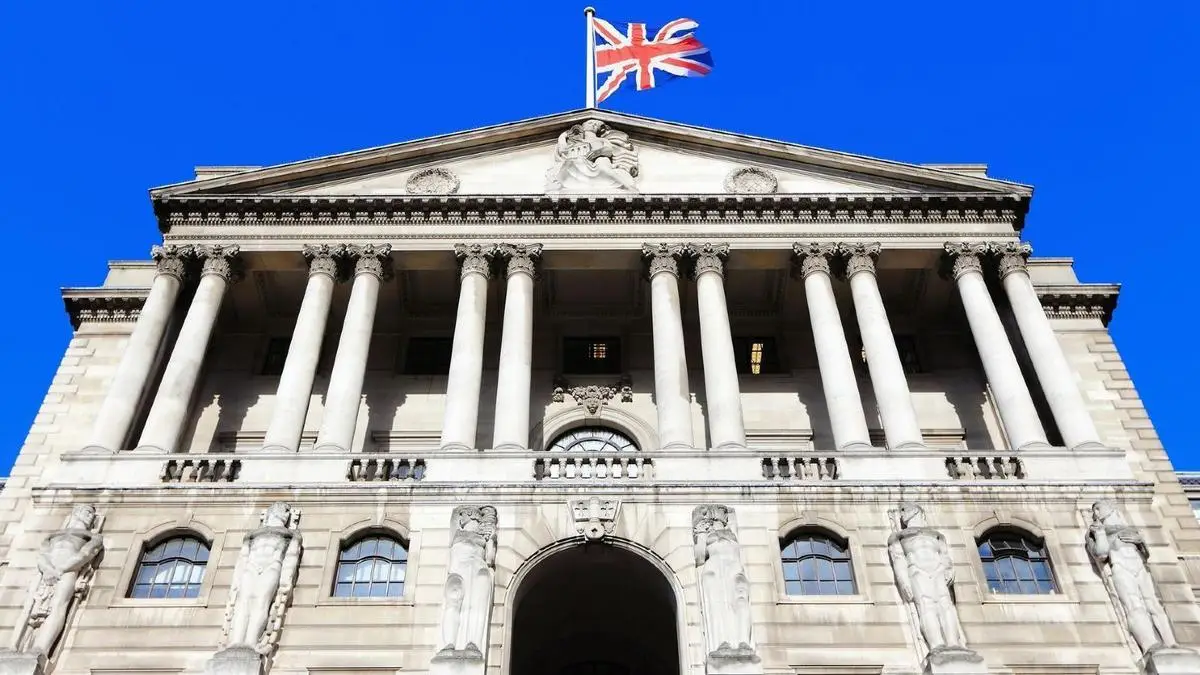A senior policymaker at the Bank of England has cautioned that financial markets may be overly optimistic about the number of interest rate cuts expected this year, stressing that the UK central bank is unlikely to act before the US Federal Reserve.
Catherine Mann, an external member of the Bank’s rate-setting Monetary Policy Committee (MPC), highlighted concerns that UK inflation might persist at higher levels compared to the US or the eurozone.
City traders are currently pricing in three quarter-point interest rate cuts for this year, with the possibility of the first downward shift occurring as early as May or June.

However, tempering expectations for significant interest rate reductions this year, Mann remarked during an interview on Tuesday: “They’re pricing in too many cuts – that would be my personal view – and so in some sense, I don’t have to cut because the market already is.”
She elaborated, “Wage dynamics in the UK are stronger and more persistent than in either the US or the euro area.”
Additionally, “Underlying services dynamics are also stickier and more persistent than either the US or the euro area. So, on that basis, it’s hard to argue that the BoE would be ahead of the other two regions, particularly the US.”
Last week, Mann aligned with the majority of the MPC to maintain interest rates at the current level of 5.25%, a shift from her previous stance as one of the panel’s proponents for further rate hikes.
The Bank’s policymakers noted “encouraging signs” of declining inflation after keeping interest rates steady for the fifth time at the highest level since the 2008 financial crisis.
The Bank has been closely monitoring inflation trends, aiming for a return to its 2% target following a period of rapid price increases.
Recent official data indicated a drop in the headline inflation rate to 3.4% in February, its lowest level in two and a half years, partly driven by a slowdown in food and restaurant price hikes.
Governor Andrew Bailey has indicated that rate cuts will be considered in upcoming policy meetings.

Mann explained her shift from advocating a rate hike to maintaining the status quo, citing signs of a slowing job market with companies becoming more hesitant to hire.
However, she noted that financial markets’ anticipation of substantial rate cuts had led high-street banks to offer cheaper loans to households and businesses, effectively supporting the economy before official action is taken on borrowing costs.
“There has been a substantial easing, even since the vote last week,” Mann observed regarding market rates. “I think that perhaps markets are a bit too complacent about how long they think the BoE – the MPC – will hold rates.”







Leave a Reply